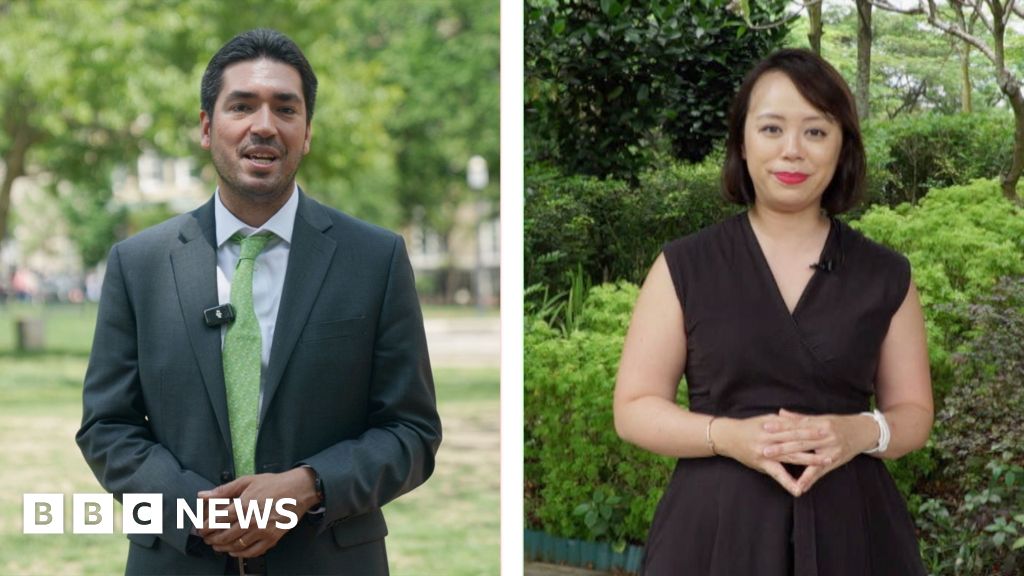Business man showing thumbs down
getty
According to the U.S. Bureau of Labor Statistics, there were 8.8 million job openings in July of this year. Yet, only 3.7% of candidates who were interviewed actually got hired. A hard truth about job hunting is that, more often than not, it leads to rejection. Not getting a job offer can feel especially devastating if you’ve made it to a final interview round only to be rejected at the very end.
Burning Bridges: The Most Common Mistake
You may want to cry into a pillow or scream into the void if you face a job rejection. That’s a perfectly normal emotional reaction. Yet, one of the most common mistakes that candidates make after a rejection is the inadvertent (or sometimes deliberate) act of burning bridges with potential employers. According to data published by Indeed in 2021, 76% of employers report having been ghosted by job seekers. Acts like neglecting to send a thank you email after an interview, vocalizing dissatisfaction regarding the recruitment process or indulging in an overly emotional plea for reconsideration all have the potential to tarnish your professional reputation and shut the door to future career opportunities. Once you’re done screaming, put on your game face and be the bigger person.
Nurturing Your Professional Relationships
It can feel counterintuitive, but it’s in these tough moments that professionalism is the most crucial. Conveying gratitude for the opportunity to interview, even in the face of rejection, is an important part of the process.
In a 2017 survey, 69% of HR managers reported that thank you notes affect their decision making process. So, even if you get rejected, take that opportunity to pleasantly surprise the hiring manager. Express your interest in an ongoing relationship with them personally and with the company.
The Potential of Future Opportunities
When you lose a job opportunity to another candidate, it’s important to remember that today’s rejection could become tomorrow’s opportunity. Persevering with courteous communication and maintaining connections with the hiring manager may unveil new career prospects down the road.
In fact, it’s not uncommon for recruiters to review past candidates when filling a new position. Creating an authentic connection with your interviewer or hiring manager does have the potential to materialize into recommendations or future career opportunities, which is another great reason not to burn bridges after a job rejection.
The Intrinsic Value of Unburned Bridges
Preserving your professional connections and refusing to burn bridges is a testament to your character. It’s an investment in future career opportunities. Career opportunities often arise unexpectedly and as a result of the connections you’ve made in the past. Uphold a positive, appreciative, and professional attitude in the face of rejection and you’ll ensure your bridges remain intact. Your future self will thank you.
Credit: Source link











